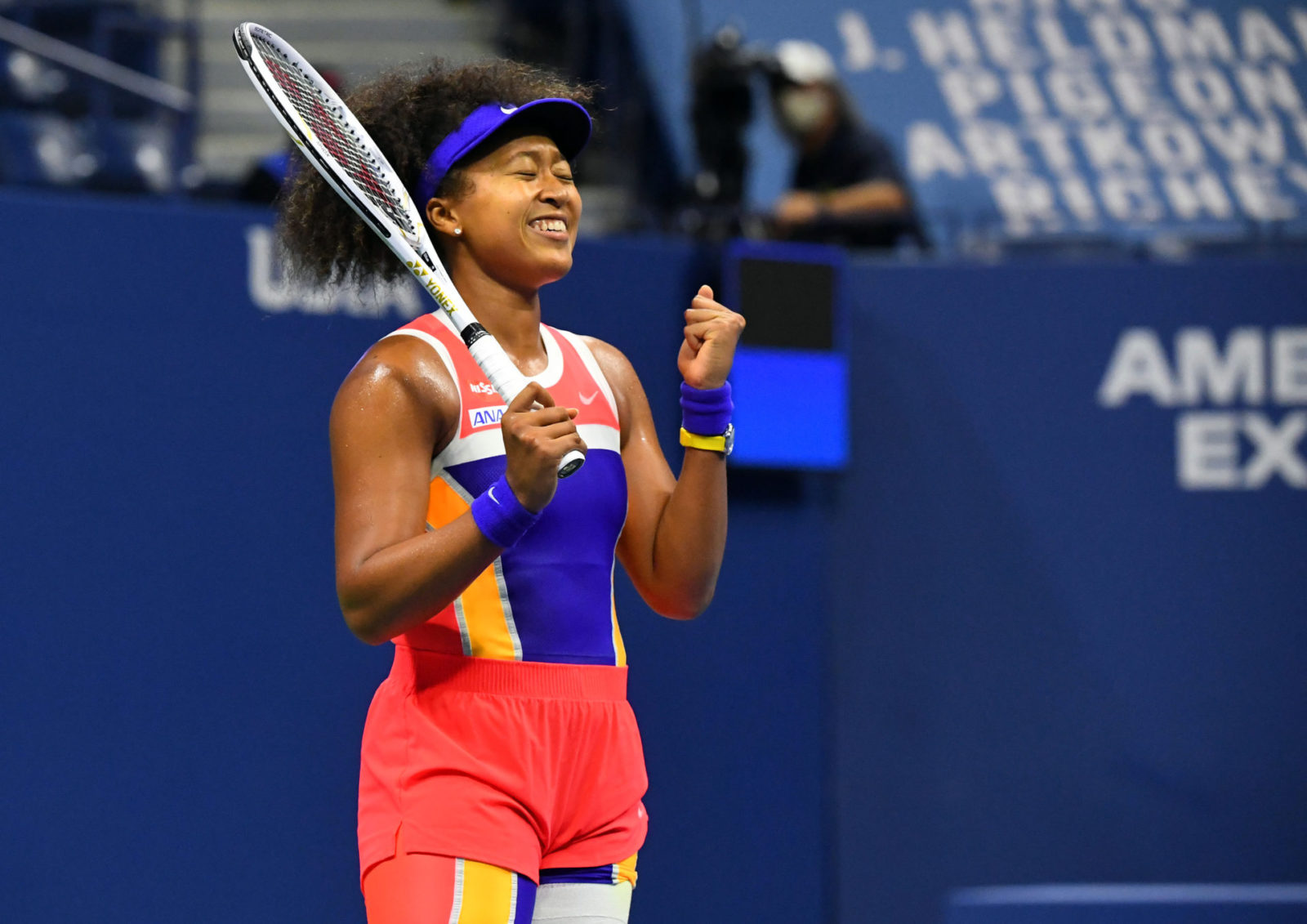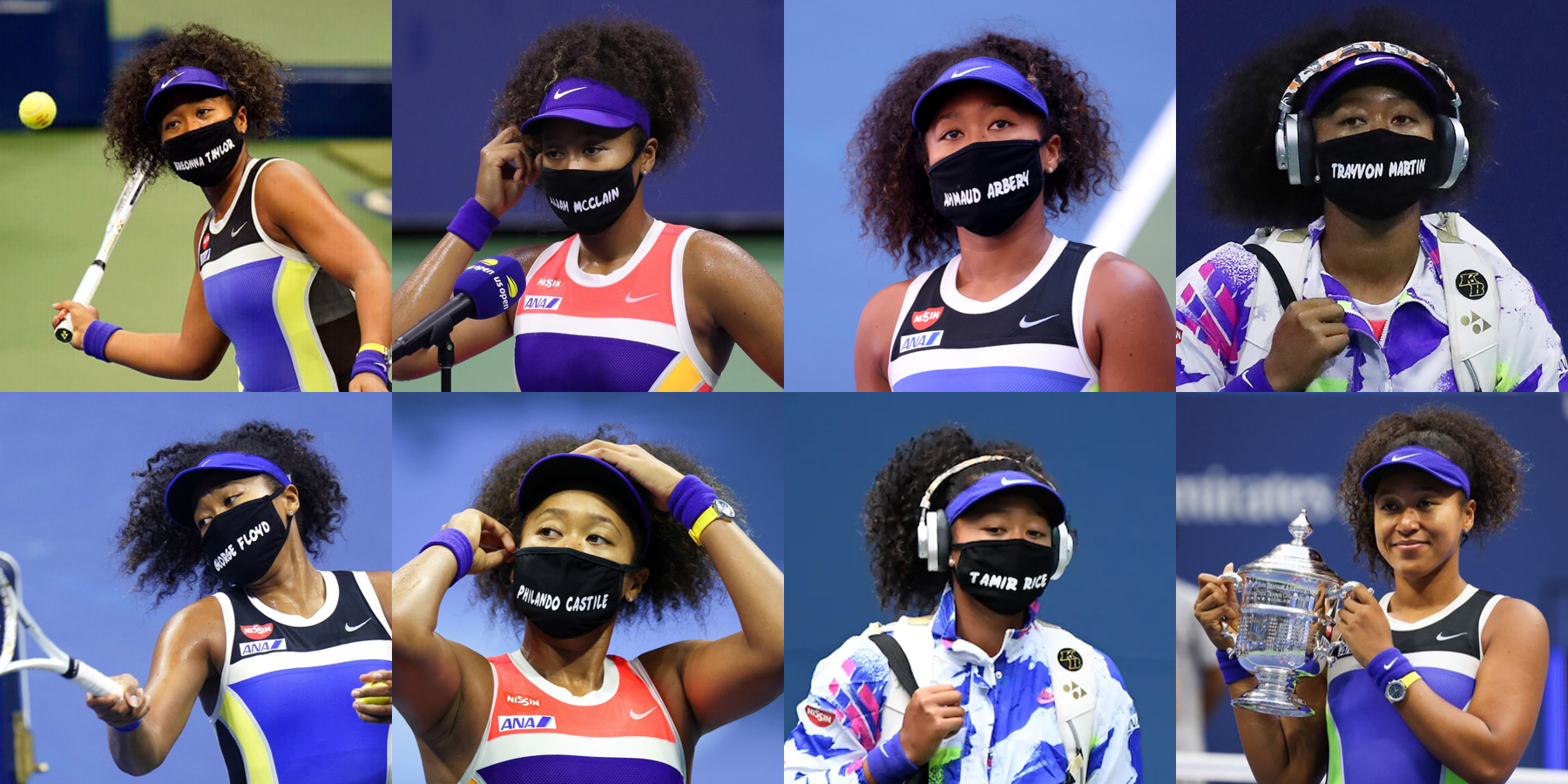by Allison Lee
TIME magazine has released its 2020 list of the 100 most influential people, and the names are nothing short of a delight.
Among the selected few are infectious-disease specialist Camilla Rothe, astronauts Christina Koch and Jessica Meir who were the first to complete an all-female spacewalk, environmental justice activist Cecilia Martinez, basketball star Maya Moore, veteran ER nurse Amy O’Sullivan, pro-democracy Hong Kong activist Nathan Law, and award-winning filmmaker Bong Joon Ho. TIME has to be praised for its inclusivity and appreciation of frontline workers, advocates of the Black Lives Matter movement, and individuals who have put the needs of others before their own to fight valiantly for their country and future.
The list is often how we, readers, come to discover the icons who work tirelessly behind scenes and cameras to advance our world, or in this year’s context, save it. Yet the star of our discussion today is no stranger at all; hailing from Japan, she is the all-star tennis champion Naomi Osaka.

The U.S. Open had concluded mid-September, and Osaka delivered a spectacular seven matches, earning herself the third Grand Slam title upon defeating Victoria Azarenka from Belarus. While her victory was celebrated all around the world in the media space, not many know that she almost boycotted the championship match.
A year ago during the same competition, basketball star Kobe Bryant watched in Osaka’s player box as she went up against Magda Linette. The two became fast friends as Bryant picked up tennis after retiring from basketball, and he had been in her corner with advice and support.
After Jacob Blake fell victim to police brutality in Kenosha, Wisconsin—the incident which left him paralyzed from the waist down—Osaka announced that she was going to boycott her semifinal match.
“For me during the entire quarantine I was seeing a lot of things happening. I always thought in my mind if it would be nice if someone started something in tennis,” the twenty-two-year-old athlete said. “I was just waiting and waiting, but then I realized maybe I would have to be the one to take the first step.”
Later interviews revealed that she was doing the boycott out of honor for Bryant too, who the world had lost to a helicopter crash earlier this year, and that she wanted to make her friend proud.
The tournament soon decided to postpone all matches in light of Osaka’s boycott, which ultimately pushed her to show up for semifinals and beat Elise Mertens, launching her into the final match against Azarenka.
The finals were a showdown that got avid tennis watchers on the edge of their seats. Starting with a whiff of uncertainty, the favors leaning toward Azarenka, Osaka quickly reclaimed accolade to her efforts by delivering a phenomenal comeback, rallying 1-6, 6-3, 6-3.
However, Osaka’s form and stance on the court was no match compared to her stance for justice. Appearing at the first match of the U.S. Open, Osaka donned a black mask that had Breonna Taylor’s name upon it. When she was more comfortable later on, she said that she had brought with her seven masks, each one bearing the name of a Black individual whose life has been unfairly ended.

“I’m aware that tennis is watched all over the world, and maybe there is someone that doesn’t know Breonna Taylor’s story. Maybe they’ll like, Google it or something,” Osaka explained after her first match. “It’s quite sad that seven masks isn’t enough for the amount of names. So, hopefully, I’ll get to the finals, and you can see all of them.”
And boy, did she take us all the way through finals.
Osaka dominated the court and went home crowned as the winner of the Women’s Singles category. Furthermore, she was greeted by the media as a champion of racial injustice, applauded widely for intelligent use of her platform to raise awareness for the things that truly matter.
The world has watched Naomi Osaka grow up on court through the years, bouncing back no matter the obstacle. She has taken everything the world has given her and returned it tenfold by using her power to advocate for causes that truly matter, and for that, her spot on TIME’s list is more than well-earned.
After the tournament had concluded, Osaka lay down on the court because she has always seen players do it. As she gazed up for a moment’s worth of reflection, I hope she realized how much she has done, not just for the sports community, but the black community as well.